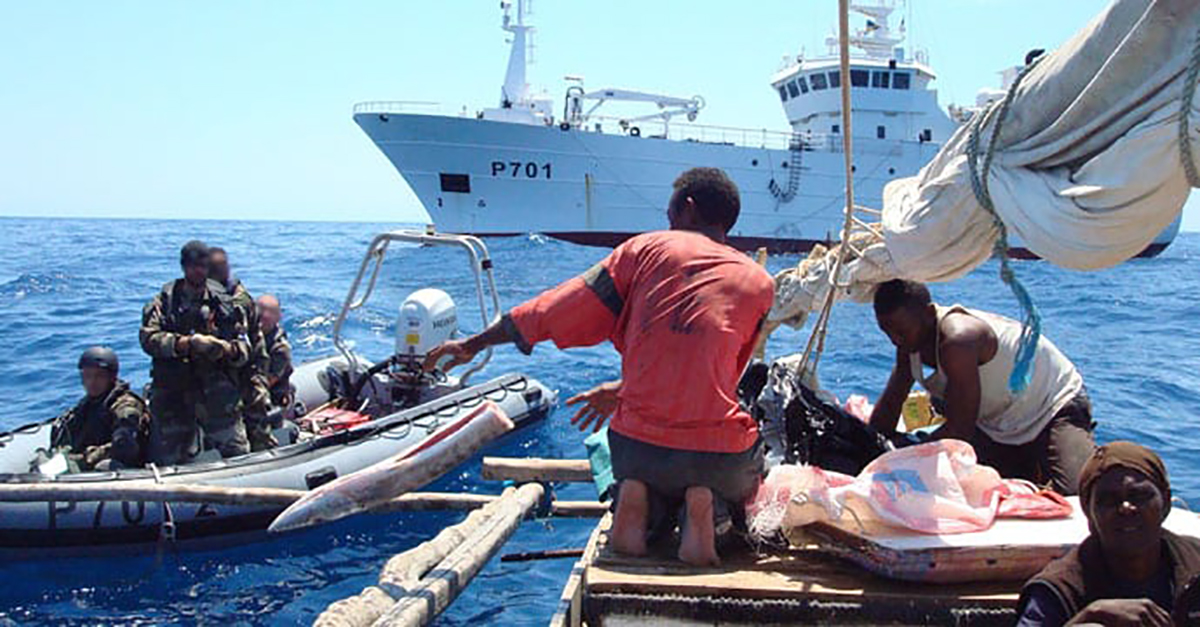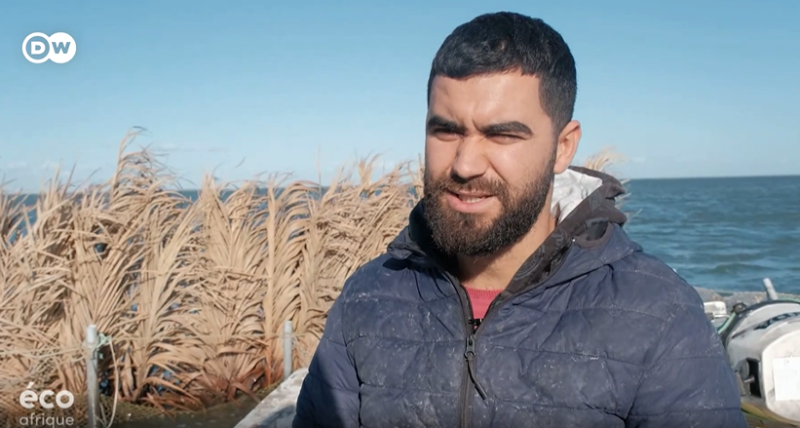Millions of dollars are lost each year due to illegal, unreported, and unregulated (IUU) fishing. To combat this issue, the Great Island is banking on sector transparency and is also relying on structural reforms.
The country is determined to fight against illegal, unreported, and unregulated (IUU) fishing. Recent reforms in this area could prevent even greater losses in foreign currency for the Great Island. According to Tsimanaoraty Paubert Mahatante, Minister of Fisheries and Blue Economy, this type of fishing causes losses of between fourteen and sixteen million dollars to Madagascar annually. The resources required for this endeavor are substantial, especially in terms of fisheries surveillance, a sector often neglected due to lack of resources and expertise.
On national television, the Fisheries Minister explains that strengthening the fisheries control personnel is the cornerstone of the fight.
« We have enhanced the capacities of fisheries inspectors through training. The department has also increased their staff. Initially, there were twenty-three, currently, we have about forty fisheries inspectors. The same goes for fisheries controllers, » he confirms.
Enhancements in logistics have also occurred, with now twenty-three boats patrolling the waters around the island. By 2025, the country is expected to have about forty surveillance vessels, according to the aspirations of the Red Island. Cooperation between the government and its traditional financial and technical partners will be essential in most of the efforts to enhance the value of local fisheries.
The Great Island has also demonstrated its commitment to transparency in this sector by joining the international transparency initiative for the fisheries sector. This initiative aims to combat corruption and harmful practices like illegal, unreported, and unregulated (IUU) fishing. At the same time, joining this initiative will enable the country to streamline and sanitize fishery value chains. According to the Fisheries Minister, who unveils the achievements of his department, measures have also been taken to strengthen fisheries surveillance, starting with the controllers themselves.
The fight against illegal fishing is thus comprehensive and involves various government departments and services. This initiative is praised by observers because the stakes remain the preservation of over 7% of the country’s Gross Domestic Product and 10% of its exports. Unregistered and unconventional vessels are indeed hitting the jackpot at the expense of small-scale fishers. Just last week, authorities recorded several captures of boats without fishing permits but which continue to exploit the island’s fishery resources.




